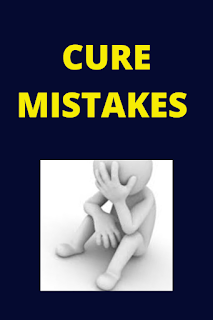DEVELOPING AN AGGRESSIVE SERVE: ADVANCED PLAYERS ONLY
.png)
The Serve is considered the most aggressive stroke in tennis and the only stroke in which the player has complete control over the placement and speed of the ball. It is the only Closed-skill stroke in an Open-skill sport like tennis. The serve is an opportunity to take control of the point by gaining an advantage over your opponent early in the point. Focusing on the Serve can help players become more dominant in key moments and improve their results quickly. I have been focusing recently on improving players' mindset during the serve. An aggressive attitude coupled with good technique will take you a long way. Along with being more positive and optimistic, you'll make better decisions, execute the stroke more confidently, and maintain an aggressive mindset throughout service games. Negativity hurts your service games a lot because it leads to conservative decisions regarding the targets and the overall execution of the stroke. If you merely get the ball in to start a rally d
.png)

.png)
.png)

